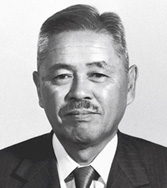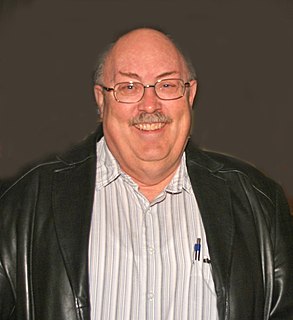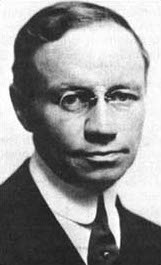A Quote by Annabelle Wallis
I have way more bravery than common sense, but you always assume things are going to be so difficult, and then when you're actually faced with them, you prevail. It's human nature.
Related Quotes
It's in our nature. If you are a plumber, there is an objective way to establish whether you put together a great piping system or not. Art is a bit more slippery than that. So, when you fill a gallery with dirt and someone comes along waving wads of bills, it's difficult not to take them because they become a tangible acknowledgement that what you've been doing actually makes sense.
If you are going to do kaizen continuouslyyou've got to assume that things are a mess. Too many people just assume that things are all right the way they are. Aren't you guys convinced that the way you're doing things is the right way? That's no way to get anything done. Kaizen is about changing the way things are. If you assume that things are all right the way they are, you can't do kaizen. So change something!
Our approach has worked for us. Look at the fun we, our managers, and our shareholders are having. More people should copy us. It's not difficult, but it looks difficult because it's unconventional - it isn't the way things are normally done. We have low overhead, don't have quarterly goals and budgets or a standard personnel system, and our investing is much more concentrated than average. It's simple and common sense.
Let there be two possible things, A and B, one of which is such that it is necessary that it exists, and let us assume that there is more perfection in A than in B. Then, at least, we can explain why A should exist rather than B and can foresee which of them will exist; indeed, this can be demonstrated, that is, rendered certain from the nature of the thing.
When you are thinking something, you have the feeling that the thoughts do nothing except inform you the way things are and then you choose to do something and you do it. That's what people generally assume. But actually, the way you think determines the way you're going to do things. Then you don't notice a result comes back, or you don't see it as a result of what you've done, or even less do you see it as a result of how you were thinking. Is that clear?
That odd capacity for destitution, as if by nature we ought to have so much more than nature gives us. As if we are shockingly unclothed when we lack the complacencies of ordinary life. In destitution, even of feeling or purpose, a human being is more hauntingly human and vulnerable to kindnesses because there is the sense that things should be otherwise, and then the thought of what is wanting and what alleviation would be, and how the soul could be put at ease, restored. At home. But the soul finds its own home if it ever has a home at all.
Science starts with preconception, with the common culture, and with common sense. It moves on to observation, is marked by the discovery of paradox, and is then concerned with the correction of preconception. It moves then to use these corrections for the designing of further observation and for more refined experiment. And as it moves along this course the nature of the evidence and experience that nourish it becomes more and more unfamiliar; it is not just the language that is strange [to common culture].
Nature has poured forth all things for the common use of all men. And God has ordained that all things should be produced that there might be food in common for all, and that the earth should be in the common possession of all. Nature created common rights, but usurpation has transformed them into private rights.
Horses in the Book of Mormon would be another. You have relatively few mentions of horses, but there are some, and we don't know exactly how they were used; they don't seem to be all that common. Were they horses as we understood them, [or] does the term describe some other animal? Languages don't always and cultures don't always classify things the way we would expect. We have what we call common-sense ways of doing it. They're not common sense; they're just ours. But again, we don't have a strong case there. We're just problem solving there.
Democracy must stand or fall on a platform of possible human perfectibility. If human nature cannot be improved by institutions, democracy is at best a more than usually safe form of political organization . . . . But if it is to work better as well as merely longer, it must have some leavening effect on human nature; and the sincere democrat is obliged to assume the power of the leaven. [Progressive]



































